States present in front of St. Peter’s Basilica will receive « Papal Yeast for Peasurized World »
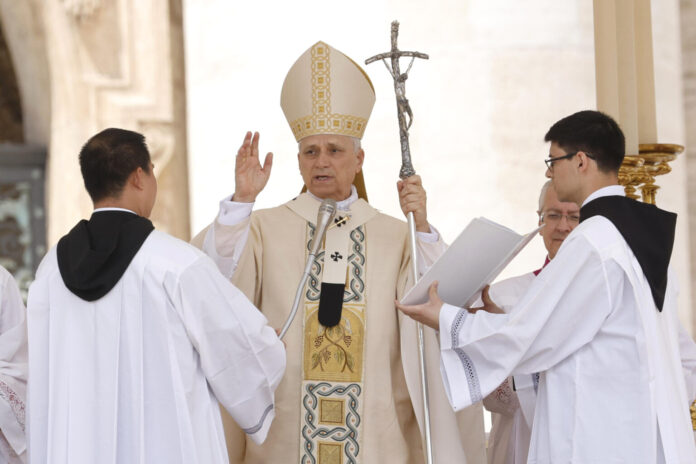
Inaugurated Pope Leo XIV in the Vatican, representatives of states from 150 countries attended
In his speech at the inaugural Mass of St. Peter’s Square in the Vatican, Pope Leo XIV promised to work on unity, for the Roman Catholic Church to become a symbol of peace in the world.
« Brothers and sisters, I would like our first great desire to be a united church, a sign of unity and unity that becomes a yeast for a peaceful world, » he said in Italian.
The liturgical service was held in front of the St. Peter Basilica in the Vatican, attended by delegates from 150 countries and about 150,000 believers, as officially announced.
In his speech, the new Pope said that « Peter’s Service » – Jesus’ student whose grave, as it is said, was built the Vatican – « characterized » with « Self -sacrifice love ».
– Since the Roman Church presides with love, and its true authority is the love of Christ, it is never about robbing others by force, religious propaganda or through power. Instead, it’s always just a matter of love, as Jesus did – he added.
Repeating the priorities of its predecessor Francis, Leo criticized the global economic system that said « exploiting the country’s resources and marginalizing the poorest ». He also warned against the centralization of power within the papacy, adding that he would strive to rule « without never surrendering the temptation to be autocrat ».
The Pope ended up calling for believers to remain « together as a nation » and « go to God and love each other. »
The Pope’s call for unity is significant given the polarization in the Roman Catholic Church in the United States and beyond, US media say.
During the « Heavenly Queen » prayer, the Pope also said that she felt « the strong spiritual presence of Pope Francis, who accompanies us from the sky ».
Earlier, the Pope was presented with the official symbols of his papal function: the pallium, liturgical clothing, and the papal fishing ring.
Liturgical clothing is made of lamb wool, which symbolizes the role of the Pope as a pastor of believers. Palium is worn over the shoulder and fastened with three pins that resemble the nails of the Cross of Christ.
The papal ring symbolizes the Pope’s relationship with St. Peter, who was a fisherman. The ring is destroyed or broken after the Pope’s death.
The Pope before the Mass was first forced with the papomobile through St. Peter’s Square when he greeted the faithful. The bells of the Basilica Basia while the papomobile was slowly passing through the square. Believers were flying Peruvian, American, Vatican flags, as well as flags of other countries.
Which statesmen from the world were in front of the basilica
« St. Peter » in the Vatican, at the inauguration of the Pope
Among the officials attended by the Mass were US Vice President Jay Di Vance with his wife and US Secretary of State Marko Rubio, Austrian Chancellor Christian Stucker, Canadian Prime Minister Mark Carney, European Commission President Ursula von Der Leyen, French Prime Minister Franz. The Mass was also attended by Italian President Sergio Matarella and Prime Minister Gjorgja Meloni, Israeli President Isaac Herzog, Ukrainian President Volodimir Zelenski, Russian Minister of Culture Olga Ljubinova. RS
Macedonia has not made the most of its visit to Pope Francis, and now new opportunities are being opened
Opening a quality diplomatic channel with Leo XIV opens new chances for Macedonia
Undoubtedly religious diplomacy clearly confirms that there are other ways to reach the desired goal, and Macedonia has had such experiences in the past, when thanks to that diplomacy inspired by religious ties, enabled the realization of Macedonian-American contacts at the highest level at times when it was extremely important for the country.
The visit of the now deceased Pope Francis on the country was also the result of activities, among other things, to that religious diplomacy, and the messages he sent to Macedonia and the Macedonian people were clear confirmation of the individual Macedonian identity at a time when the identity attacks from the surrounding countries were intensified.
– The Vatican has soft power, which means the power of persuasion, the power of negotiation, the power of influence, the restoration of the US -Cuba relations in 2015 showed the Vatican’s power in terms of that secret diplomacy it led. In Venezuela they offered their help, they are present in world organizations as a non -permanent member where they have a great impact on the design or directing of world politics, so it is an exceptional world player who is very powerful – says Zvonimir Jankulovski, a professor and former Macedonian ambassador.
According to him, the Pope’s visit was not understood as it was to be understood, nor the message Pope sent from Macedonia.
– You cannot exclude religion from foreign policy because religion is also linked to human rights, it is associated with many things that have basically determined international relations in recent decades, including the Middle East wars, which look more like religious. You just can’t do it, although it is the easiest to ignore it as it does. Thoughts on the Vatican are that it is a church organization, the Pope is perceived as head of the Roman Catholic Church, and forgets his role in world politics and what he can do is what you want through the Vatican because the Vatican’s power is great. It may not be visible in the public space of diplomatic action, but out of public space, influence is extremely large, and even in European integration processes, which are extremely important in Macedonia, it is nice to have a state on your side, which supports you. I think we did not make the most of that visit to the Pope, who said the same narrative that we carry in the world, which our classical diplomacy should disseminate worldwide, is the narrative we have managed to impose on the Vatican – Jankulovski emphasizes. ST
More and more countries recognize the potential of religious diplomacy
In times of constant unrest, wars, rising extremism and the emergence of aggressive secularism, religion is often the target of attacks. Religion, if practiced consistently, can be an important bridge for dialogue and reconciliation between different groups.
– Religious diplomacy is an approach to international relations used by religious values and institutions to promote dialogue, peace and conflict resolution. It is based on principles such as forgiveness, protecting religious freedom and promoting the role of religions in public life. This type of diplomacy often involves inter -religious dialogue and cooperation between different religious communities to achieve peace and stability in areas where traditional diplomatic methods have failed.
In the past, religious institutions such as the Holy See were active in diplomatic activities, but their role was not always understood as part of modern religious diplomacy. However, lately, an increasing number of countries and organizations have recognized the potential of religion as a tool for achieving peace and stability in the world. The first serious steps towards modern religious diplomacy can be followed in the context of globalization and the increased recognition of the role of religions in international relations, which is particularly evident in the work of organizations such as the Holy See and in the development of inter-religious dialogue-says Dr. Vedran Train.
According to him, although secularism is increasingly observed in world societies, religious diplomacy is important as a means of promoting peace, dialogue and conflict resolution. ST
Religious diplomacy to promote the declaration against violent extremism worldwide
Undoubtedly, with the recent signing of the Declaration Against Violent Extremism, all religious leaders in the country have shown a personal example of how the faith is building cohesion in Macedonian society, after politics failed to unite the citizens.
The content of this declaration must not only remain framed in Macedonian, but through religious diplomacy its message should be sent to all major religious centers in the world, starting from Rome, Jerusalem, Istanbul, Moscow, in order to portray Macedonia as a state where religious coexistence is a centuries -old tradition, which is a centuries -old tradition, which Honesty, mutual respect, help, peace, coexistence, prosperity and all those basic values that are less and less in the world today.
The point that Macedonian religious diplomacy has to achieve is to show that if Macedonia as a small state succeeds in a small space to harmonize so many diversity, then it deserves not to be the subject of constant blackmail, ultimatums and attacks on the identity of the Macedonian people, the name of the state, and even the church. ST

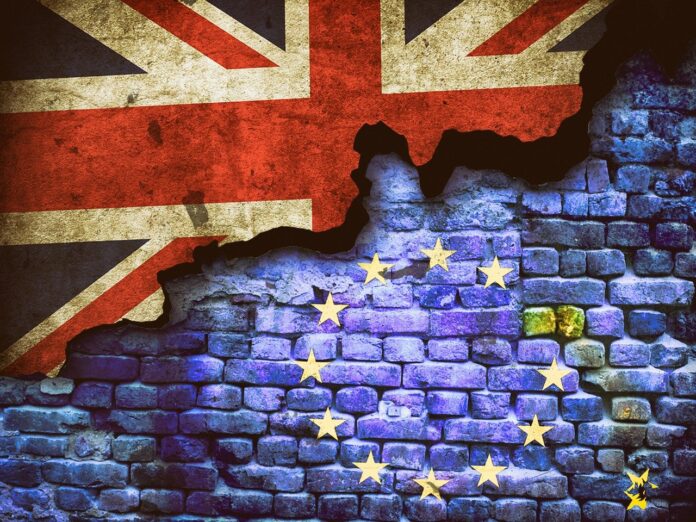
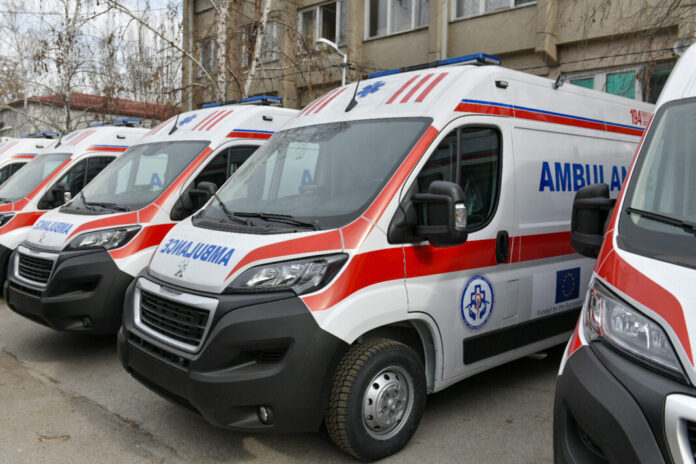
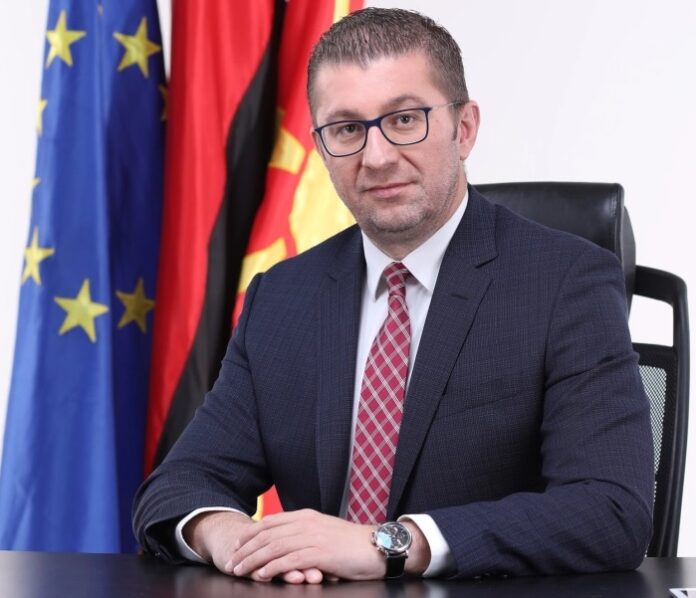
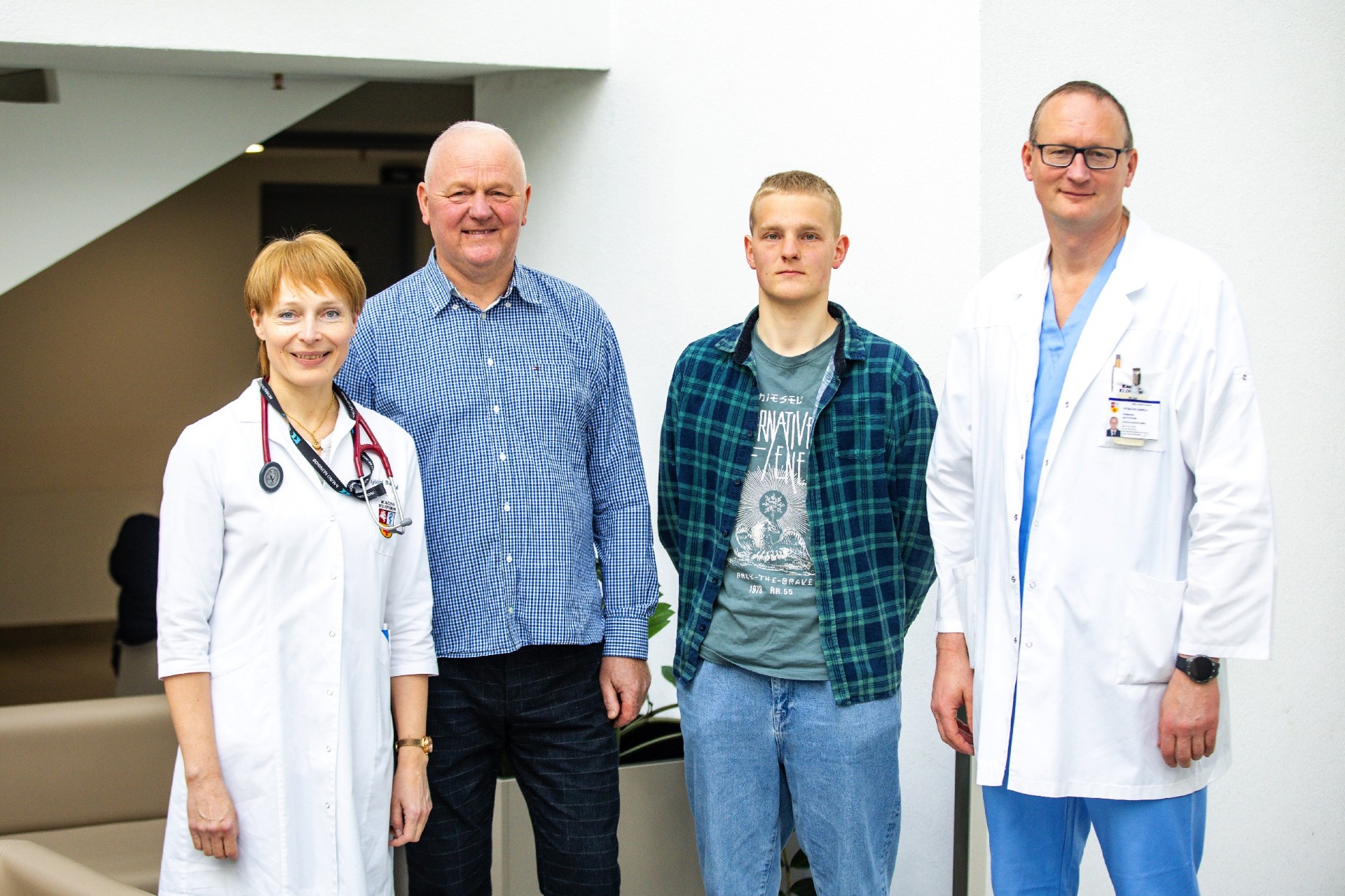
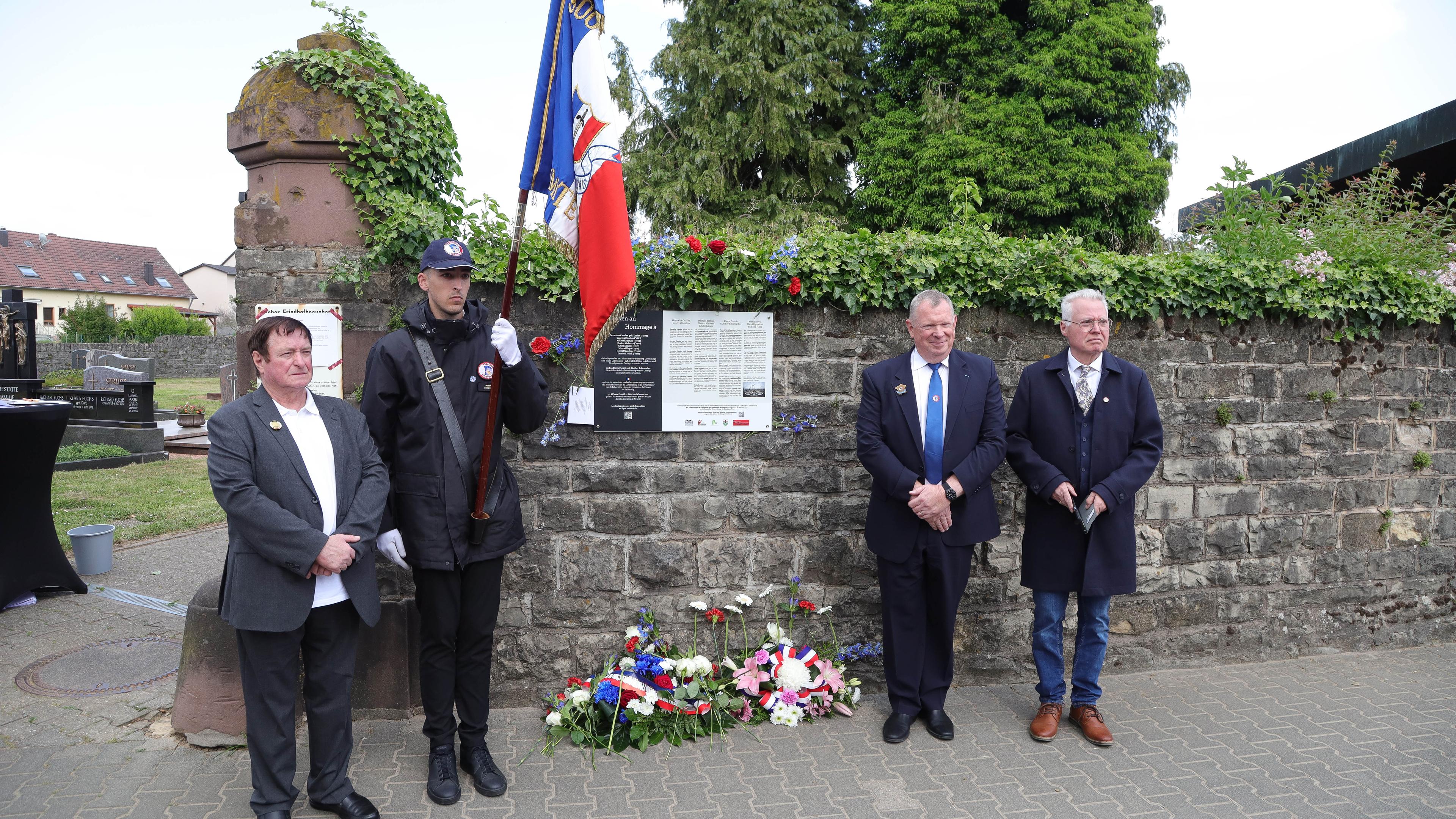
/s3/static.nrc.nl/images/gn4/stripped/data132518834-9ea30f.jpg)